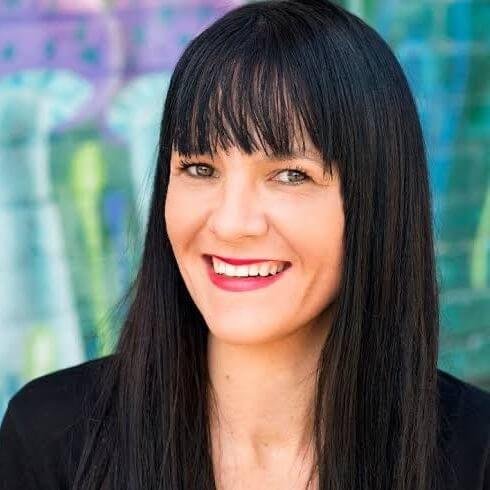
Psychedelic Medicine
Association

President - Psychedelic Medicine Association

Psychologist; Social Worker; Director, The Signs of Life Psychology; AMAPP Board Member
Dr Lani Roy-Psychologist, Social Worker, Advocate. Community Outreach & Stakeholder Liaison Officer.
Dr Alana (Lani) Roy, Founder of The Signs of Life Psychology, is a psychologist, social worker, and therapist with extensive experience in mental health, suicide prevention, trauma, sexual abuse, family violence, and the disability sector. Lani provides Psychedelic Assisted Psychotherapy (PAP) for clients accessing ketamine treatment in Australia and is actively engaged in research trials focusing on psilocybin and Ayahuasca. Specialising in complex trauma, disabilities, and dual diagnosis, Lani provides therapy in Auslan sign language for the Deaf community. She provides a range of educational and group-based psychedelic programs and is a board-approved psychology supervisor. Lani coordinates the psychedelic and plant medicine Mental Health Professional Network (MHPN) and has taught on Australian psychedelic programs. Currently, Lani is apprenticing under Saj Ravi from The Psychedelic Somatic Institute of Psychotherapy in America for cannabis and ketamine-assisted psychotherapy. .
She is passionate about connecting with professionals and community members who have integrity, creativity, and innovation; people who can uphold the sacred nature of these medicines as we bring them safely into the clinical context. Most importantly; she is a mother of two young boys, an owner of two beautiful high-needs French bulldogs, and a wife of a sexual abuse detective.

President & CEO, Therapsil
Spencer was first introduced to healing psychological trauma with altered states of consciousness and therapeutic psychedelics from reading the work of Terrence McKenna, Rick Strassman, and Carl Jung and believes that these methods need to be treated seriously by governments and institutions. Spencer believes that responsible drug policy requires effective organization and leadership and is dedicated to bringing together the experts and advocates, to facilitate change that results in increased access to compassionate care, harm reduction, and treatment options for those in need. Psilocybin-assisted psychotherapy is a reasonable treatment option for palliative patients in end-of-life distress and is where we need to begin

Therapist, Numinus & For All the Wild Sunflowers
Hannah Cross specializes her therapy practice in psychedelic integration and trauma healing. Her background includes extensive work in substance abuse treatment and work with incarcerated individuals. She provides ketamine assisted psychotherapy for individuals, groups, and families. She has both a private practice (forallthewildsunflowers.com) and works with Numinus as a therapist/facilitator on various psychedelic studies, including those with LSD and psilocybin. Her approach is grounded in transpersonal psychology, parts-work, and somatic healing.
Aside from ketamine, the availability of psychedelics varies quite widely, and it’s often frustrating at how much more slowly legalization efforts and FDA-approval are compared to how many studies are showing efficacy for these medicines.
However, some countries have made great strides in developing avenues by which to get psychedelic therapies to patients who need them.
Specifically, Canada and Australia have both enacted some powerful regulations regarding which patients can access psychedelic medicine.
As both of these programs involve the patients’ healthcare team, we wanted to inform you all about what these programs look like and what they require of the clinicians involved.
To help us all understand these access programs better, we’ve got representatives from Canada and Australia to elucidate how their country has helped expand access to psychedelic medicines.
They’ll be discussing the following:
…and much more!
As always, there will be ample time for audience Q & A, so you’ll get to interact with the panelists directly!
So please join us for this live panel discussion on Thursday, January 25th at 5 pm Pacific, 8 pm Eastern. This is exclusively for members of the Psychedelic Medicine Association, so if you have not yet registered, please do so here. And for members, please register for the panel here. A link to the recording will be available afterward if you cannot make it to the live event.
Hope to see you all on the 25th!
You can find the Psychedelic Medicine Association on Twitter, LinkedIn, and on Facebook.